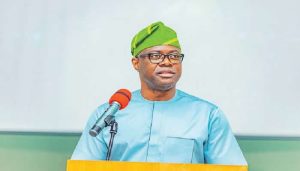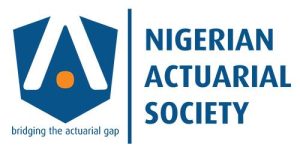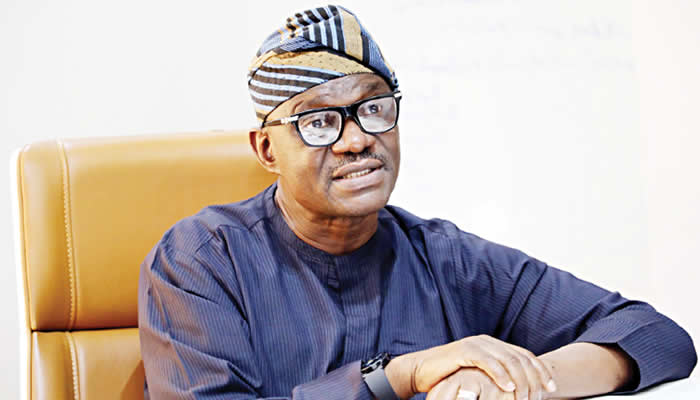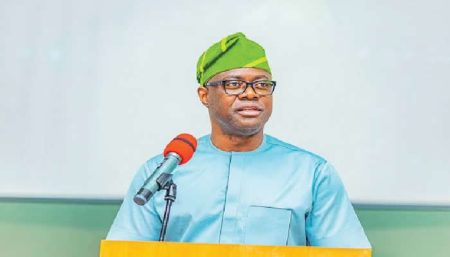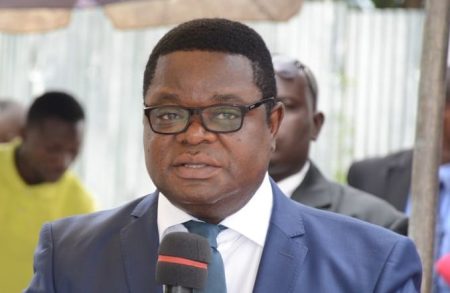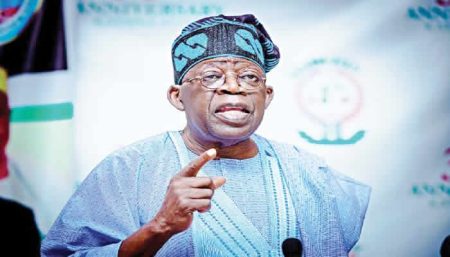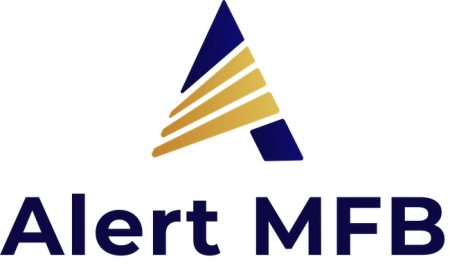Paragraph 1: Introduction and Economic Achievements in 2024
Saad Olumoh, a member of the Lagos State House of Assembly representing Ajeromi/Ifelodun I and a member of the House Committee on Economic Planning and Budget, highlighted the state government’s strategic focus on economic development. In line with Governor Babajide Sanwo-Olu’s THEME PLUS agenda, which prioritizes Transportation, Health, Environment, Making Lagos a 21st Century Economy (THEME), as well as Entertainment and Tourism, Security and Governance, these efforts are anchored in key sectors. He emphasized the government’s responsiveness to the national economic landscape shaped by President Bola Tinubu’s Renewed Hope Agenda. This agenda introduced significant policy shifts like fuel subsidy removal and foreign exchange market deregulation, necessitating adjustments in Lagos State’s budgetary approach.
Paragraph 2: Navigating National Economic Policy Shifts and Budgetary Adaptations
The national policy changes, while aimed at long-term economic stability, presented challenges. Rising prices impacted ongoing infrastructure projects, requiring proactive budgetary interventions. The Lagos State House of Assembly, recognizing the potential for project disruptions, allocated over N100 billion as a buffer against these shocks. This strategic financial maneuver ensured the continuation of critical road and bridge constructions despite inflationary pressures. The budget, initially pegged at an exchange rate of N750 to a dollar, had to contend with a volatile forex market where the dollar surged to nearly N2,000. The Assembly’s proactive measures demonstrated fiscal responsibility and a commitment to maintaining the pace of development.
Paragraph 3: Social Interventions and Palliative Measures
Beyond infrastructural development, the Lagos State Government prioritized social welfare initiatives. Recognizing the impact of economic shifts on citizens, the government implemented various palliative measures, including food subsidies and discounted food items through Sunday markets. The Lagos State Health Management Agency (LASHMA), also known as the Ilera Eko project, was placed on a first-line charge, ensuring consistent funding for healthcare services. Subsidies were also introduced for public transportation, including a 50% reduction in fares for the blue buses and the blue line rail. These measures aimed to cushion the effects of rising costs on Lagosians.
Paragraph 4: CNG Initiatives and Revenue Generation through "Detty December"
Lagos State proactively embraced the Compressed Natural Gas (CNG) initiative, allocating resources to the Ibile Oil and Gas Corporation to facilitate a smoother transition away from petrol and diesel fuel. This forward-looking approach aligns with the national drive for alternative energy sources. Furthermore, the state capitalized on the festive period known as "Detty December," generating over N60 billion in revenue. This success is attributed to the state’s secure environment and robust security architecture, including well-funded neighborhood watchers who play a vital role in intelligence gathering.
Paragraph 5: Managing Budget Deficits and Fostering Economic Growth
Addressing budget deficits, Olumoh explained that the budget is an estimate and that deficits are managed through borrowing and supplementary budgets. He emphasized that borrowing is strategically employed for development projects that stimulate economic activity and contribute to the state’s Gross Domestic Product (GDP) growth. This approach focuses on leveraging debt for productive investments rather than consumption. The N3.4 trillion budget reflected the ambitious goal of establishing Lagos as the premier sub-national entity in Africa. This included reforms in the electricity sector, placing it on the concurrent list, empowering states to regulate their electricity markets. This move aimed to promote competition and drive business growth.
Paragraph 6: LIRS Performance, Tax Reforms, and Data-Driven Governance
The Lagos State Internal Revenue Service (LIRS) has achieved significant performance improvements, attributed to its professional leadership, operational autonomy, and modernized infrastructure. The agency has embraced computerization, streamlining its processes and enhancing efficiency. The House of Assembly provides consistent support to the LIRS, facilitating their efforts to drive revenue growth. Olumoh expressed confidence in the LIRS exceeding its N1.4 trillion target for the 2025 budget, highlighting the potential to generate even more revenue in the future. He stressed that tax collection is conducted responsibly, with an emphasis on fostering a conducive environment for businesses. Olumoh also pointed to the ongoing national tax reform discussions aimed at streamlining tax collection and clarifying the tax obligations of businesses, particularly those in the informal sector. Finally, he emphasized the importance of a robust database system for investors, highlighting Lagos State’s data-driven governance approach and commitment to transparency. He emphasized the state’s status as a smart city, with data playing a central role in decision-making and strategic planning. The Public-Private Partnership office actively engages with investors, showcasing the state’s secure environment and proactive support for businesses.



